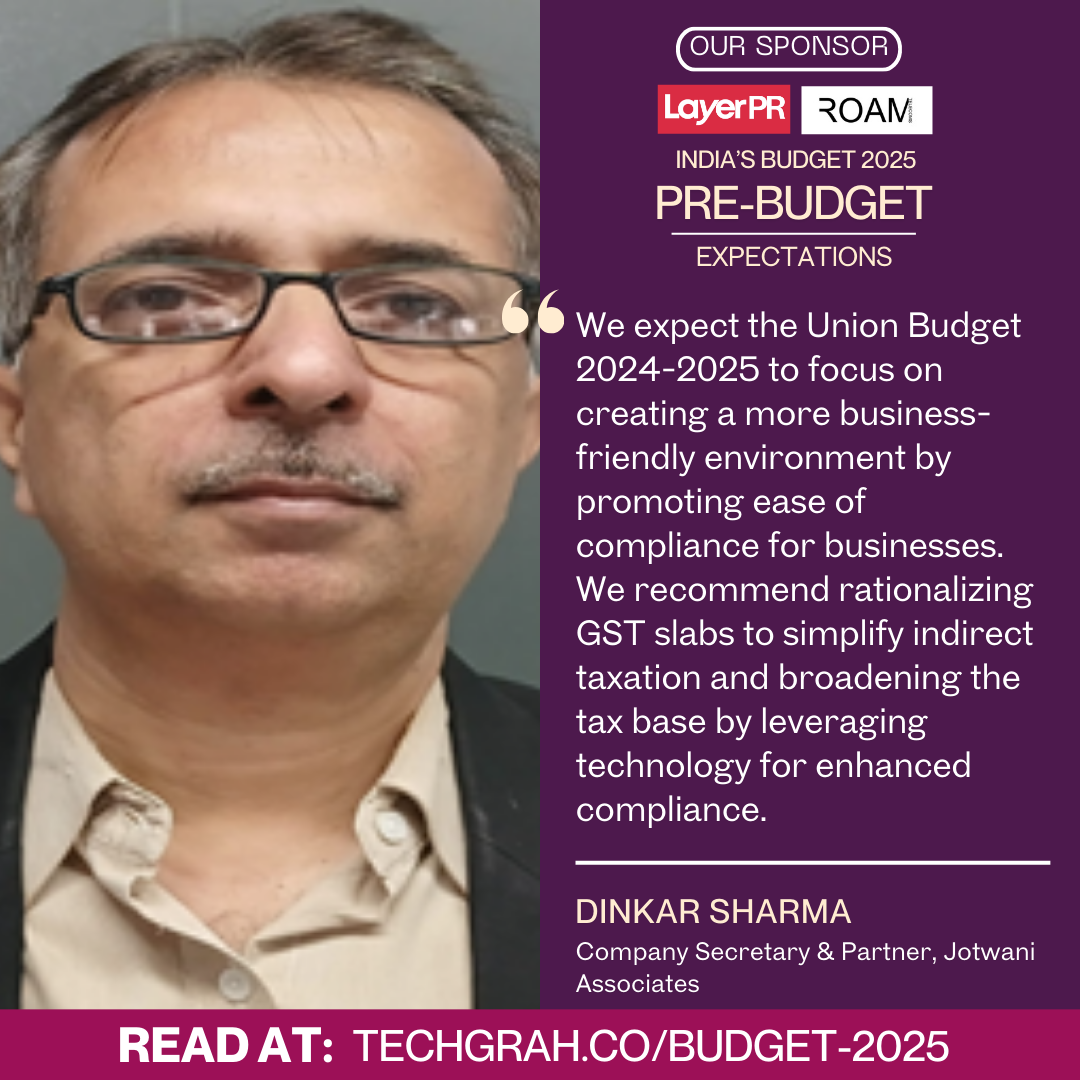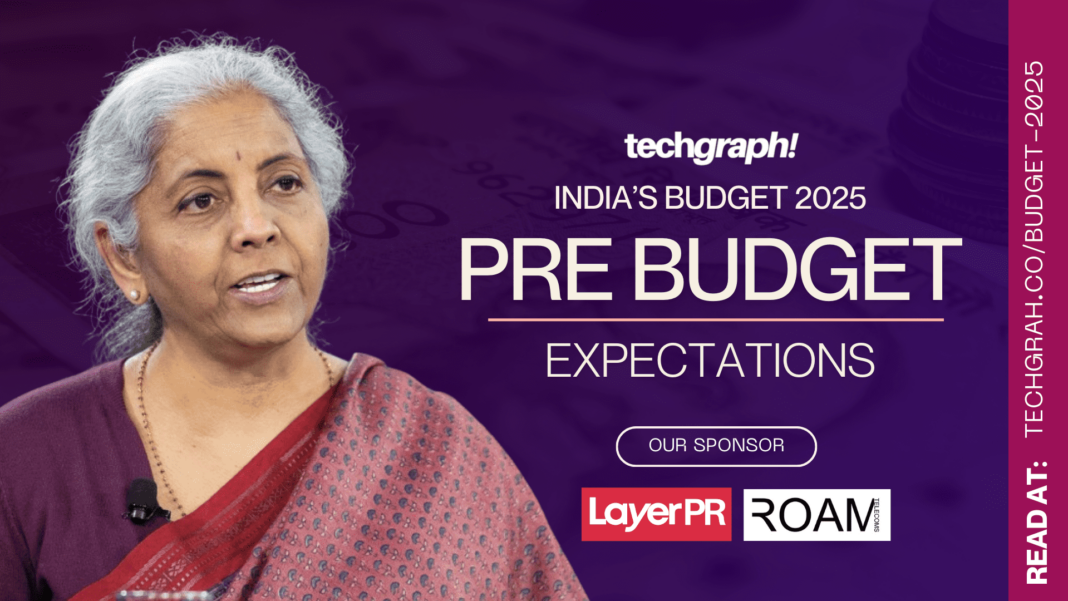As the Union Budget 2025 approaches, Business leaders from across industries are urging Finance Minister Nirmala Sitharaman to use the Union Budget 2025 as an opportunity to simplify GST slabs and leverage technology for wider tax compliance. With expectations of targeted incentives for startups and MSMEs and equitable capital gains tax reforms, stakeholders anticipate steps that could spur long-term growth and innovation.
Read the budget expectations in detail:
Krishna Patwari, Founder and Managing Director of WWIPL

Following the Union Budget 2024-25, the proposed reduction in long-term capital gains tax on unlisted shares to 12.5% is seen as a positive move, though some refinement is still needed. Listed share stocks, however, saw an increase in STCG to 20% from 15%, and LTCG tax was also raised to 12.5% from 10% to ensure uniform tax slabs.
A more equitable capital gains tax policy, such as granting promoters with long-term investments reduced rates, may lessen the financial strain on people who sell their listed shares. Incentives for extended shareholdings might also be included in the budget, encouraging long-term capital accumulation.
Furthermore, tax exemptions or deductions for capital reinvested could support innovation and corporate expansion while maintaining equitable tax rates.
Dinkar Sharma, Company Secretary & Partner, Jotwani Associates

We expect the Union Budget 2024-2025 to focus on creating a more business-friendly environment by promoting ease of compliance for businesses. We recommend rationalizing GST slabs to simplify indirect taxation and broadening the tax base by leveraging technology for enhanced compliance.
Additionally, targeted incentives for startups and MSMEs, particularly in the tech and green energy sectors, could fuel growth. Emphasizing infrastructure development and tax relief for individuals, especially those opting for a new tax regime, would further boost consumption and investment, driving overall economic momentum.




